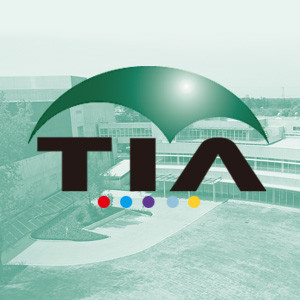TIA is one of the innovation centers in Japan, which has been established in Tsukuba with the participation of 5 institutes. The 5 institutes and Federation of Business in Japan are in charge of the management of the center. The 5 centers are National Institute of Advanced Industrial Science and Technology (AIST), National Institute for Materials Science (NIMS), University of Tsukuba, High Energy Accelerator Research Organization (KEK), and University of Tokyo.
The center was established in 2009, and it has carried out researches on various fields of science and technology. All the projects have been carried out with the collaboration of companies from the private sector, universities, and governmental organizations. Nanotechnology is one of the priorities of this center.
The center has defined its research projects in some phases, first of which started in 2009. The second phase began in 2015, and its objective is the commercialization of nanotechnology. The center has 5 principles in all its projects:
1- Creation of international value: Nanotechnology is used in improving business in Japan, and presents new products to the market.
2- All together in one direction: Academic, industrial, and governmental researchers should cooperate in order to create a public platform, and they have overcome the problems by moving through one specific path.
3- Positive/individual cycle: It is necessary to create this cycle in order to create public infrastructure to increase competitively of the Japanese industries.
4- Win-win network: Collaboration should be in a manner that domestic and international research networks develop.
5- Training new generation of scientists and engineers: It is necessary to create innovation in business.
The center focuses on nano-electronics, NEMS, green nanotechnology, carbon nanotubes, and quantum equipment. In carbon nanotubes, the center seeks mass production of carbon nanotubes in order to produce composite materials from nanotubes. The center has the required infrastructure for the production single-walled carbon nanotube with high purity, in a way that the product has higher efficiency in comparison with other methods. One of the research cores in this center in the field of carbon nanotube is the use of nanotubes in improving properties such as increasing strength in steel, increasing thermal conductivity in copper, and reducing density in aluminum.
In nano-electronics section, researches are being carried out on the presentation of a new generation of technology. To this end, appropriate research infrastructures have been created. Growth of silicon carbide and its application on the development of semi-conductor technology is a priority in this center. Production of small and sensitive sensors is a priority in NEMS section.
The center tries to develop green technology in Japan. Therefore, various projects have been defined in energy and environment in the center. Chargeable solid phase batteries, air-lithium batteries, and solar cells are among the technologies in this center. Industries and universities cooperate in carrying out the researches in order to improve the technologies.
Provision of human resources in the field of nanotechnology is another priority in this center. Therefore, specific equipment and facilities have been designed in this center in order to train expert human resources to be used in the Japanese industries.


